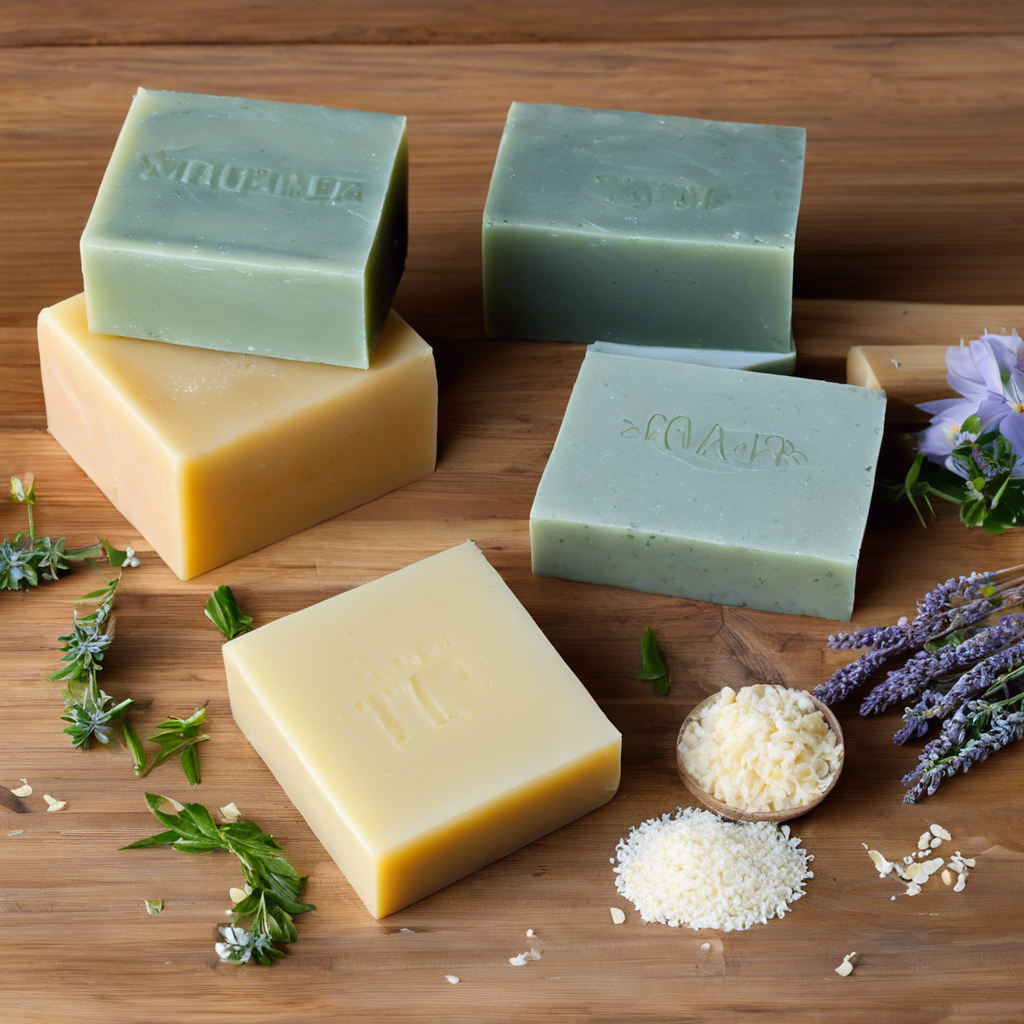Making your own soap at home might seem like a daunting task, but it’s actually a fun and rewarding hobby that anyone can try. Homemade soap not only allows you to control the ingredients used, ensuring a natural and often organic product, but it also offers a sense of satisfaction and self-sufficiency. So, if you’re curious about crafting your own cleansing bars, here’s a step-by-step guide to get you started on this sudsy adventure.
First, gather your ingredients. The main components of soap are oil or fat and lye (sodium hydroxide). You can use a variety of oils, such as olive, coconut, palm, and avocado, and combine them to create your desired properties. Just be sure to use precise measurements and a good quality scale. Next, prepare your workspace. Making soap involves dealing with caustic soda, so safety gear is essential. Wear gloves and protective eyewear, and make sure the area is well-ventilated. Cover your work surfaces and have vinegar nearby in case of spills, as it neutralizes lye.
Now, you’re ready to begin the soap-making process. Mix your chosen oils and lye solution, being careful to avoid breathing the fumes. Use a stick blender to bring the mixture to a light or medium trace, which means the soap has thickened enough to leave a trace behind when you drizzle it on the surface. Add your favorite essential oils, fragrances, or natural colorants at this stage if desired. Once your soap is traced, carefully pour the mixture into a mold and cover it with plastic wrap.
After 18–24 hours, your soap should be firm enough to remove from the mold. Cut it into bars and place them on a rack to cure for four to six weeks. This curing process ensures your soap lasts longer in the shower. During curing, make sure your soap is in a cool, dry place with good airflow. Flip the bars occasionally to ensure even drying.
While making soap may seem intimidating at first, with careful preparation and adherence to safety guidelines, you can master this craft. The satisfaction of creating a useful product with your own hands is well worth the effort, and the possibilities for creativity are endless. From choosing your favorite oils to experimenting with scents and colors, the art of soap-making is a delightful journey that can lead to a thriving hobby or even a small business venture.
One of the great appeals of soap-making is the opportunity to personalize your creations. You can customize your soaps by experimenting with different combinations of oils, adding exfoliants like oatmeal or ground coffee, and infusing them with essential oils for aromatherapy benefits. The options are limitless, and you can create soaps tailored to specific skin types or simply to indulge your senses. Whether you’re crafting a soothing lavender-scented bar or a invigorating citrus blend, the process of designing your own unique soaps is a rewarding and creative pursuit.
Another advantage of making your own soap is the ability to control the ingredients and ensure they are natural, organic, and ethically sourced. Many commercial soaps contain harsh chemicals, synthetic fragrances, and other undesirable additives. By making your own, you can avoid these potentially irritating or harmful substances and opt for gentle, nourishing alternatives. This is especially beneficial for those with sensitive skin or specific skin concerns. Creating your own soap allows you to embrace a more natural and wholesome approach to personal care.
For those seeking a fun and unique gift idea, homemade soap is a thoughtful and practical option. Whether it’s a birthday, holiday, or housewarming gift, handmade soap showcases your creativity and thoughtfulness. You can customize the soaps to match the recipient’s favorite colors, scents, or even embed a special message or design. Present your soaps in attractive packaging, perhaps paired with a loofah or washcloth, and you have a one-of-a-kind gift that’s both useful and memorable.
